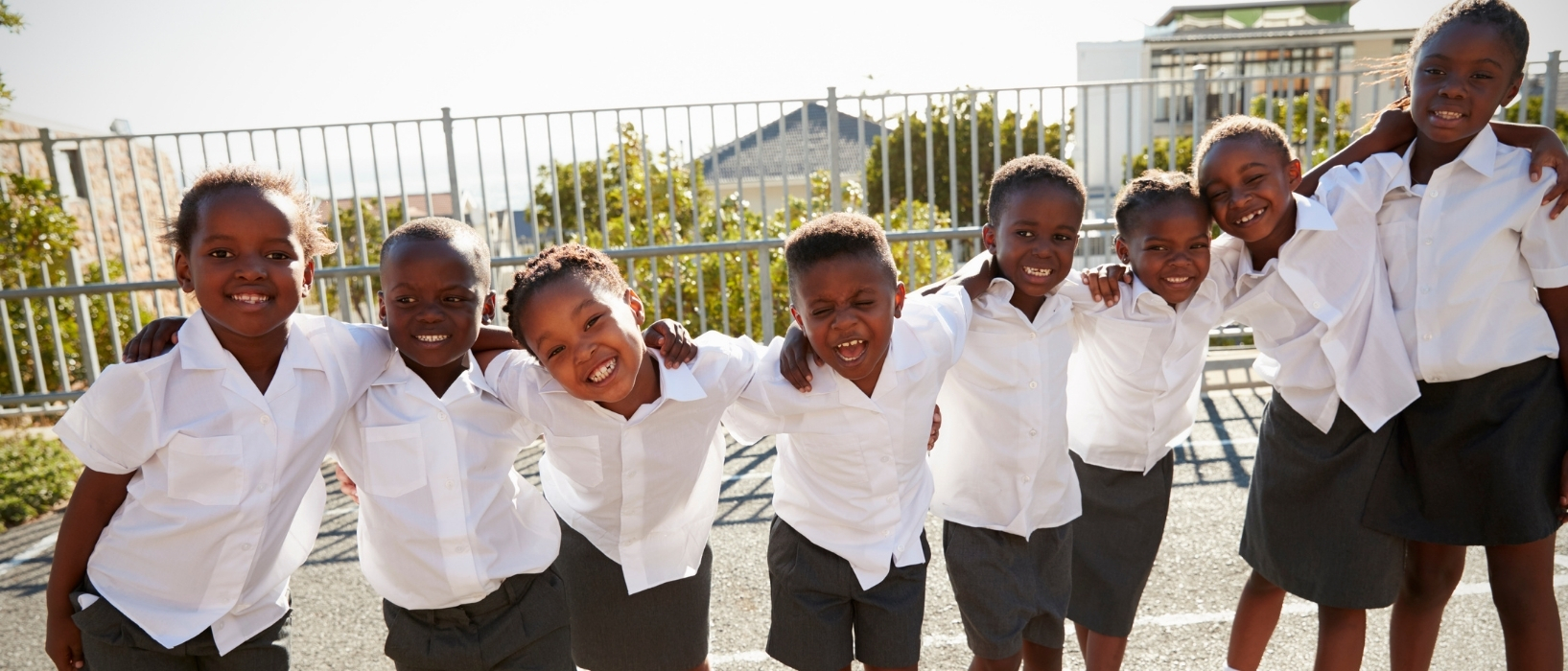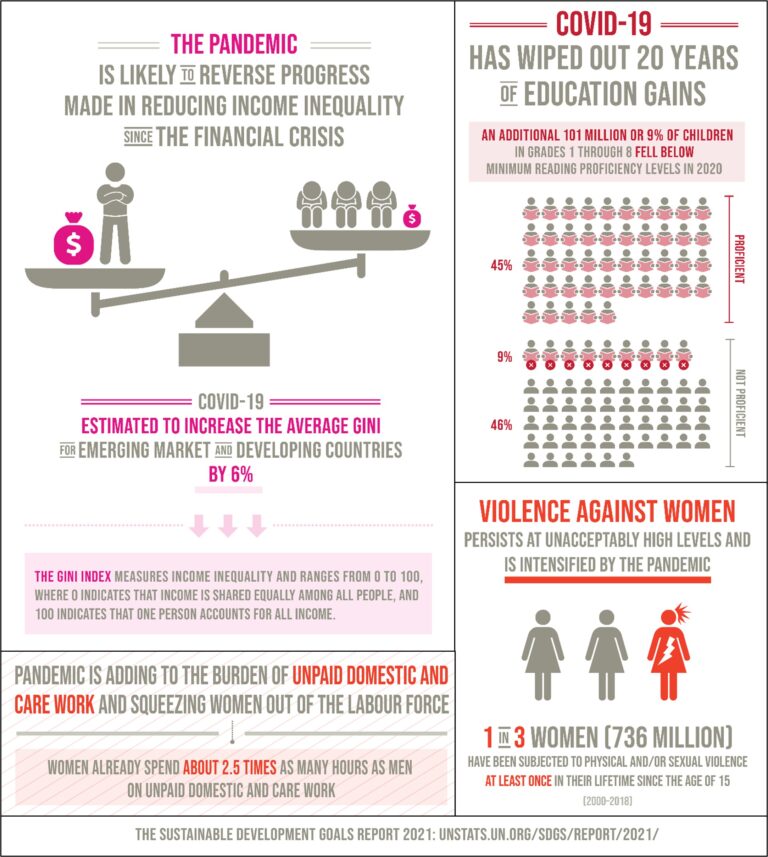
COP26 is only a few weeks away, and Play it Green is marking the occasion by looking at the United Nation’s Sustainable Development Goals.
This week we’re going to do things a little differently and look at a few of the goals together, all with the same underlying purpose; to tackle inequality.
By 2030, the UN hope to empower and promote the social, economic, and political inclusion of all, regardless of age, sex, orientation, disability, race, ethnicity, origin, religion, or economic status.
However, there is a lot of work to do in this area.
Income inequality, for example, has continued to rise in many parts of the world, even as the bottom 40% of the population in many countries have experienced positive growth rates.
Women and girls are still discriminated against and underrepresented. Globally, 18% of women and girls have experienced physical and/or sexual abuse from their partners in the past year. In the workforce, they only take up 27% of all managerial positions, and in governments they only fill around 24% of all positions.
There is also a deep inequality issue in education. Again, it’s girls who are the most heavily affected, with two-thirds of all illiterate adults in 2016 being women. However, where you live and your economic status can have just as big an impact.
In many low-income countries, the capacity to both train teachers and create the infrastructure needed for schools is sadly lacking.
Persistent and wide-ranging efforts need to be made to address these issues if we hope to reach the 2030 targets.

Like with many of the other Sustainable Development Goals, progress on tackling inequality has unfortunately been halted, and in some cases even reversed, by the Covid-19 pandemic.
An estimated 101 million additional children fell below the minimum reading proficiency level during 2020, erasing all of the gains made in education over the past two decades.
With so many women and girls out of school and work and in their homes, violence against them has increased and, for the same reason, an extra 10 million girls are thought to be at risk of child marriage.
Income inequalities have also grown even deeper, with the Covid-19 pandemic hitting the poorest areas and the most vulnerable people much harder.
Throughout the world, it has exposed to many countries just how ingrained some of these inequalities have become.
The UN had hoped that by 2030 all children would have access to complete free, equitable and quality education, that the wealth gap in many countries would start to decrease, and that discrimination against women and girls everywhere would be significantly decreased.
Now, however, it seems unlikely that any of these targets will be met.

The issue of inequality is one that can seem insurmountable, but there is hope for the future.
More girls are going to school than ever before, and more women are serving in parliaments and positions of leadership.
Enough effort from governments and school systems would mean that reading and math proficiency levels could start to rise again by 2024, and a renewed focus on income inequalities after the pandemic could mean that governments will begin to tackle the issue.
There are also some things you can do if you yourself want to get involved.
This can be something as small as speaking about these issues to your family and friends, speaking up for equality at your workplace, or giving to a charity supporting girls, children’s education, or infrastructure development in low-income countries.
You could even take it a step further and get involved with a local activism group fighting for any equality-related issue that is particularly close to your heart.
Remember, none of us alone can solve inequality; it is only by all of us taking small steps together that we can begin to really make a difference.
“Equality and inclusion are two of the most important topics to focus on to create a positive social impact. Covid has set the progress made back many years, but it has also given many people the time to reflect and the roots of recovery are there.”
Richard Dickson, Co-founder, Play it Green




